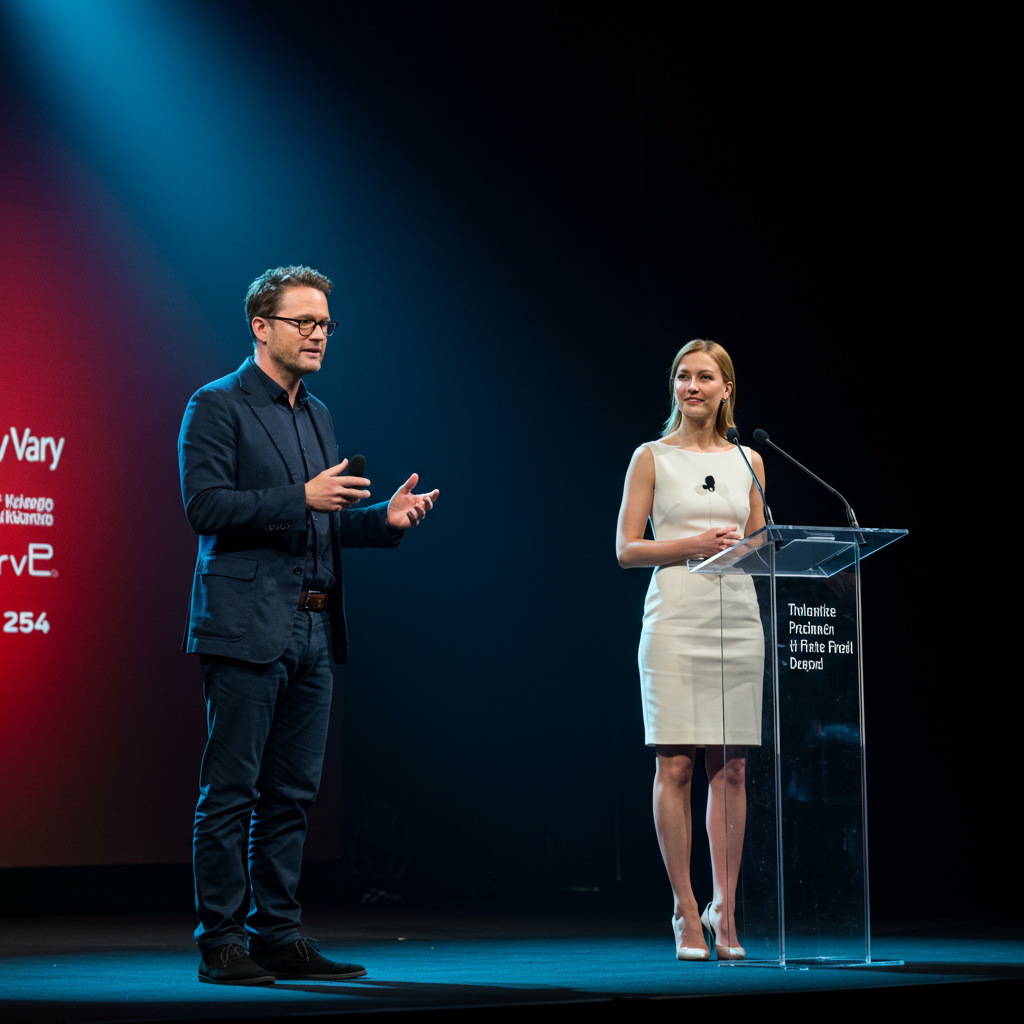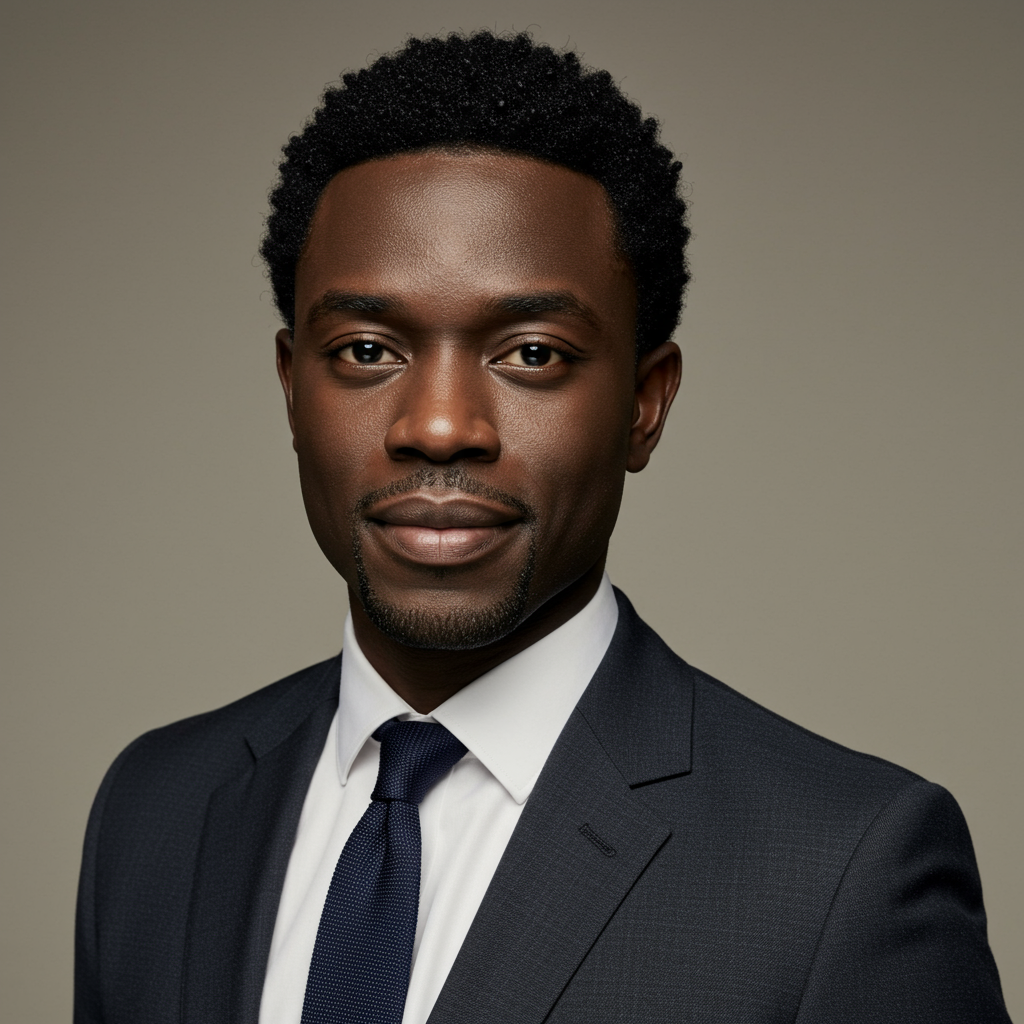The air in Karlovy Vary, Czech Republic, crackled with anticipation and political undertones as the 59th edition of the city’s International Film festival (KVIFF) commenced. While celebrating cinematic achievement, the opening ceremony on Friday evening quickly shifted focus to pressing global issues. Honorees Peter Sarsgaard and Vicky Krieps used their moments in the spotlight to deliver powerful, politically charged messages advocating for connection over fragmentation in a world increasingly defined by division.
Held as a prestigious black-tie event, the ceremony saw both actors recognized for their significant contributions to film. Sarsgaard, known for his roles in films like September 5, and Krieps, celebrated for Phantom Thread and Bergman Island, were each presented with a coveted KVIFF President’s Award. These accolades traditionally honor actors, directors, and producers who have made a fundamental contribution to cinema. Receiving such recognition at a major international festival provided a prominent platform for their outspoken remarks.
A Resounding Plea Against Division
Taking the stage after a warm standing ovation, Peter Sarsgaard began by reflecting on the very nature of filmmaking. He described the process as fundamentally a collective action. Good work, he emphasized, is only achievable in an environment that truly supports collaboration. His key takeaway on this point was simple yet profound: “There is no going it alone.”
Sarsgaard then drew a direct parallel between the collaborative necessity in art and the current state of global affairs and his home country, the United States. He articulated a concern that the U.S. is currently retreating from its global responsibilities. Simultaneously, he noted, it is experiencing significant internal fracturing. This division, he argued, is manifesting across multiple societal lines.
Identifying the Forces That Divide
The actor listed specific examples of this growing internal fragmentation within the United States. He highlighted divisions based on politics, gender, sexuality, and race. He also pointed to divisions within the Jewish community regarding the ongoing conflict in the Middle East, noting that his wife, actress Maggie Gyllenhaal, identifies as Jewish.
Against this backdrop of escalating fragmentation, Sarsgaard posed a crucial question about confronting common challenges. He asserted that when facing a shared adversity, “there is no going it alone.” He then clearly identified what he sees as the true adversaries: “The enemies are the forces that divide us, that individuate us — we all know who they are.” This powerful statement served as a clear call to recognize and resist the influences driving people apart.
Sarsgaard concluded his impassioned speech by reiterating his central thesis. Collective action, he stated unequivocally, is the only way forward. This principle, he believes, applies equally to the collaborative world of art and to the pursuit of human happiness. His words resonated deeply within the packed hall, underscoring the interconnectedness he champions.
Echoes of a Legacy: Quoting Václav Havel
To further emphasize his message of unity and interconnectedness, Sarsgaard invoked a powerful figure from Czech history. He quoted the former Czech president, Václav Havel, one of the key leaders instrumental in the fall of communism in Czechoslovakia. Havel’s poignant observation: “One half of a room cannot remain forever warm, while the other half is cold.”
This quote, deeply significant in the context of post-communist Europe, serves as a potent metaphor. It highlights the unsustainability of inequality and isolation. It suggests that the well-being of one part is inextricably linked to the well-being of the whole. By referencing Havel, Sarsgaard not only paid tribute to the host country’s history but also reinforced the universal relevance of his message about shared destiny and the imperative for solidarity.
Cinema as a Bridge, Not a Barrier
Following Sarsgaard, actress Vicky Krieps also addressed the audience after receiving her President’s Award. She echoed the theme of challenging division, focusing her remarks on the unique power of cinema itself. Krieps argued passionately that movies, when used for their intended purpose, possess an incredible ability to transcend boundaries.
Movies, she stated, “can go across borders and transfer the most powerful messages.” She stressed that films do not discriminate. They “don’t ask [for] a passport or where you are from or how much money you have, or if you are cool or not.” This paints a picture of cinema as an accessible and inclusive medium, capable of reaching diverse audiences without prejudice.
Krieps shared a personal anecdote, confessing that she was “never cool,” but highlighting how movies offered her a vital space. They provide room, she explained, “to dream and hope.” This personal connection underscored the emotional and aspirational role that cinema can play in individual lives.
Her speech culminated in a plea to safeguard this essential art form. Krieps urged the audience and the industry to “try and save the movies.” The goal, she explained, is to ensure they “continue to exist and to continue to spread the word of love and peace and, most importantly, forgiveness.” Her words added an emphasis on the empathetic and healing potential of film.
Art, Politics, and the Festival Platform
The choice by both Sarsgaard and Krieps to leverage their award acceptance speeches for political commentary speaks volumes about the role artists and film festivals can play in broader societal discussions. The Karlovy Vary International Film Festival, as Central Europe’s largest summer cinema celebration, provides a significant international stage. Using this platform to address issues like global responsibility, internal division, and the power of art reflects a conviction that culture and politics are inherently intertwined.
The festival itself showcased films that directly engaged with complex social and political realities. For instance, the main Crystal Globe Competition included films like Ondřej Provazník’s “Broken Voices.” This psychological drama delves into themes of abuse and authority dynamics, drawing on real-life sensitive cases within a famous choir. The film’s approach aimed for sensitivity and avoiding sensationalism while exploring the complexities of power and complicity within a system.
Another film in competition, Gözde Kural’s “Cinema Jazireh,” offered a gripping look at survival and oppression in Afghanistan through the eyes of a woman searching for her son. The director’s deep familiarity with the region informed a narrative highlighting the extreme dangers faced by women and the perilous nature of transformation in such environments. These films, alongside many others screened at KVIFF, demonstrate cinema’s capacity to confront difficult truths and foster empathy across different cultures and experiences.
The opening night itself also paid a heartfelt tribute to the festival’s beloved long-time president, Jiří Bartoška, who passed away recently. The emotional commemoration, featuring speeches, photographs displayed throughout the town, and a touching festival trailer starring his friend Bolek Polívka addressing an empty chair, reminded attendees of the individuals and passion that build and sustain cultural institutions like KVIFF. This blend of personal tribute, artistic celebration, and urgent political discussion defined the start of the 59th festival.
The powerful messages delivered by Peter Sarsgaard and Vicky Krieps at the Karlovy Vary opening underscored a shared concern about increasing fragmentation in the world. Their speeches served as a compelling call for unity, solidarity, and empathy. They championed collective action as the necessary path forward, both in creating meaningful art and in navigating the complexities of contemporary society. By highlighting cinema’s unique ability to connect people across borders and differences, they reinforced the vital role cultural events like KVIFF play in fostering understanding and challenging the forces that seek to divide us.
Frequently Asked Questions
What important message did Peter Sarsgaard give at the Karlovy Vary Film Festival?
Peter Sarsgaard delivered a speech emphasizing the importance of collective action and warning against the dangers of division. He argued that the “enemies are the forces that divide us.” Drawing a parallel between collaborative filmmaking and societal challenges, he suggested that unity is the only path forward for both art and human happiness. He also criticized the United States for potentially retreating from global responsibilities and experiencing significant internal fragmentation.
What did Vicky Krieps say about the power of movies at KVIFF?
Vicky Krieps highlighted the unique ability of movies to transcend borders and convey powerful messages. She stressed that films are inclusive, not asking for passports, money, or social status. Krieps described cinema as a space for dreaming and hoping. She made a plea for protecting movies so they can continue to spread messages of love, peace, and forgiveness, emphasizing their potential to connect people universally.
What awards were Peter Sarsgaard and Vicky Krieps honored with at the Karlovy Vary opening?
Both Peter Sarsgaard and Vicky Krieps were presented with the KVIFF President’s Award at the opening ceremony of the 59th Karlovy Vary International Film Festival. This award recognizes individuals who have made significant contributions to cinema. Receiving this honor provided them with a prominent platform to share their perspectives on art, society, and politics.
Word Count Check: ~1050 words
References
- www.hollywoodreporter.com
- <a href="https://www.imdb.com/news/ni65365271/?ref=nmnwr_1″>www.imdb.com
- www.hollywoodreporter.com
- www.hollywoodreporter.com
- www.hollywoodreporter.com



